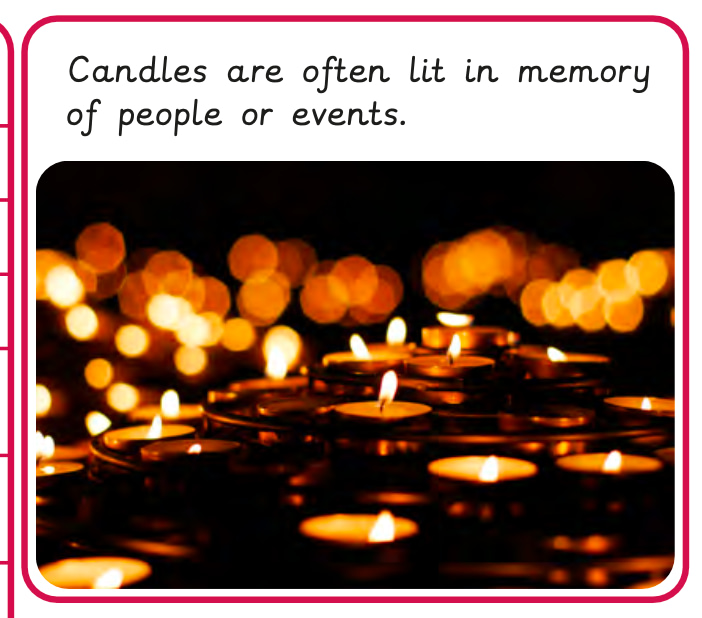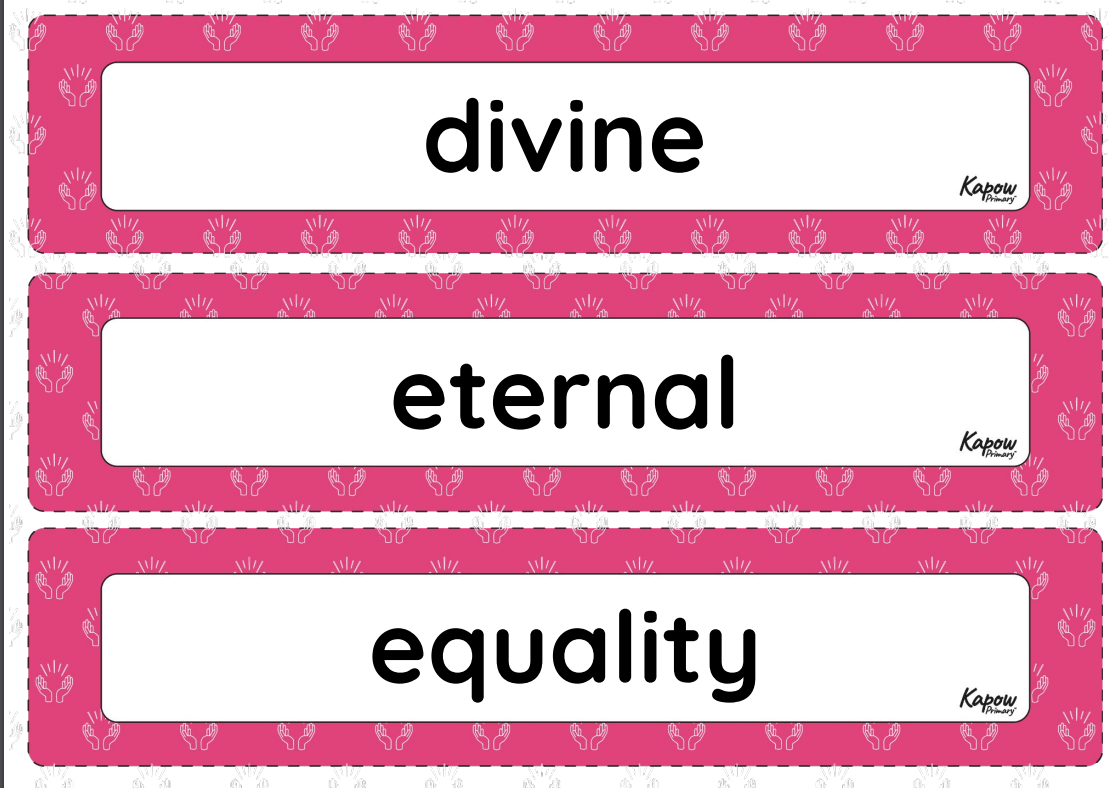Unit outcomes
Pupils who are secure will be able to:
- Discuss the importance of fire and its practical and symbolic uses.
- Explain the relevance of fire in religious stories and what it symbolises.
- Describe how the fire makes them feel.
- Identify how fire is used in some rituals and ceremonies.
- Explain the concept of remembrance, focusing on the context of Jewish and Christian beliefs.
- Explain the symbolism of fire in religious and non-religious ceremonies.
- Articulate reasons why fire is considered purifying in different religions.
Suggested prior learning
Why is water symbolic?
Get startedTeacher video: Why is fire used ceremonially?
Lessons
Lesson 1: What special meanings do some flames have? (Archived)
Lesson 2: How can fire be used to bring people together? (Archived)
Lesson 3: Why is there a fire at the Olympics? (Archived)
Lesson 4: What is an eternal flame? (Archived)
Lesson 5: Why is fire used in some Hindu ceremonies? (Archived)
Lesson 6: Why is fire important in different worldviews? (Archived)
Key skills
- Explore how ceremonies express
This content is for subscribers only. Join for access today.
Key knowledge
To know that:
- Rituals are
This content is for subscribers only. Join for access today.
Key vocabulary
Ahura Mazda
Atash Bahram
This content is for subscribers only. Join for access today.
Related content
Unit resources
Subject resources
This content is for subscribers only. Join for access today.
Cross-curricular opportunities
RSE: Respectful relationships.
History: Significant historical events, people and places in their own locality.
British Values: Democracy, Tolerance of different cultures and religions, Mutual respect.
English: Comprehension, Spoken language, Writing composition.



